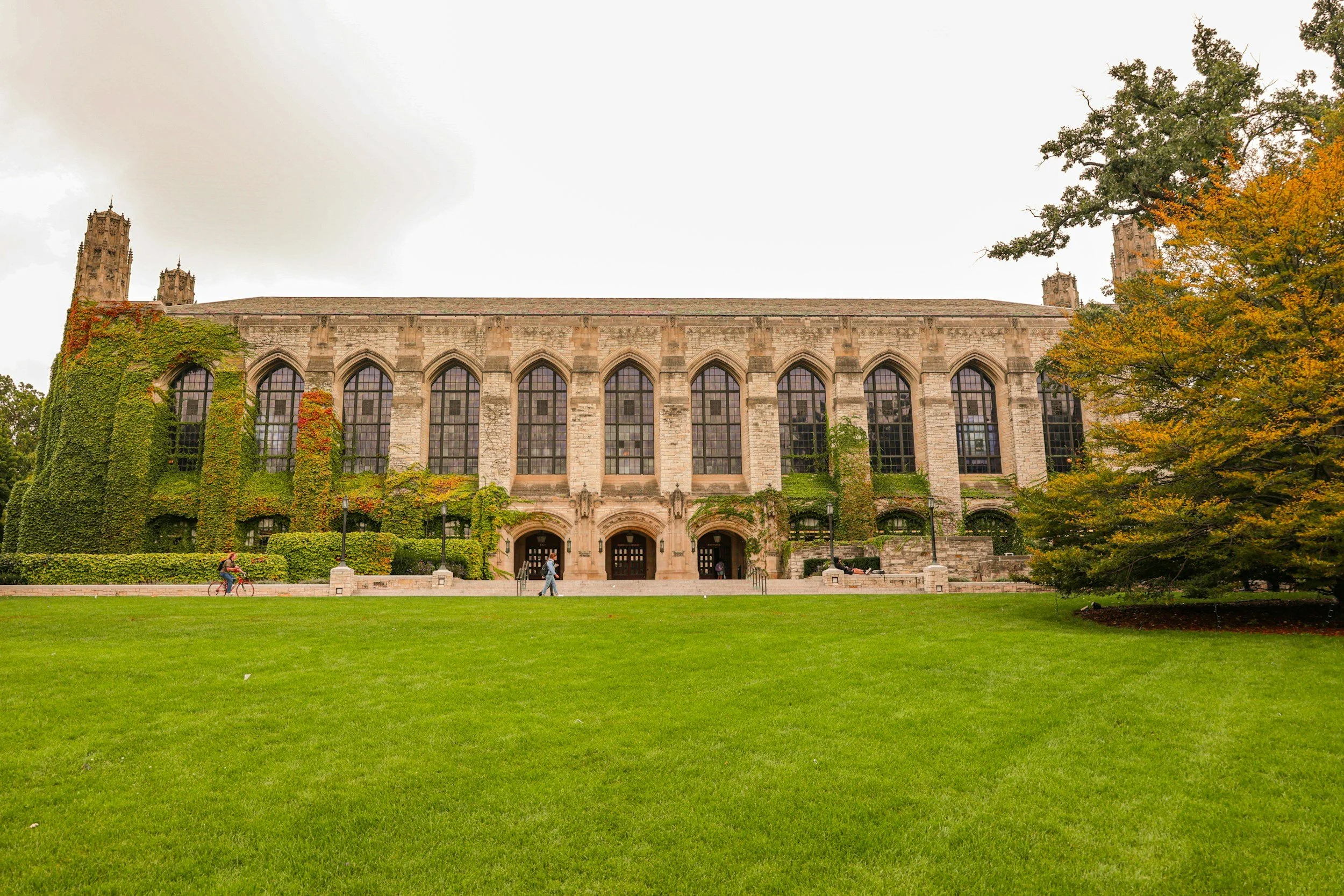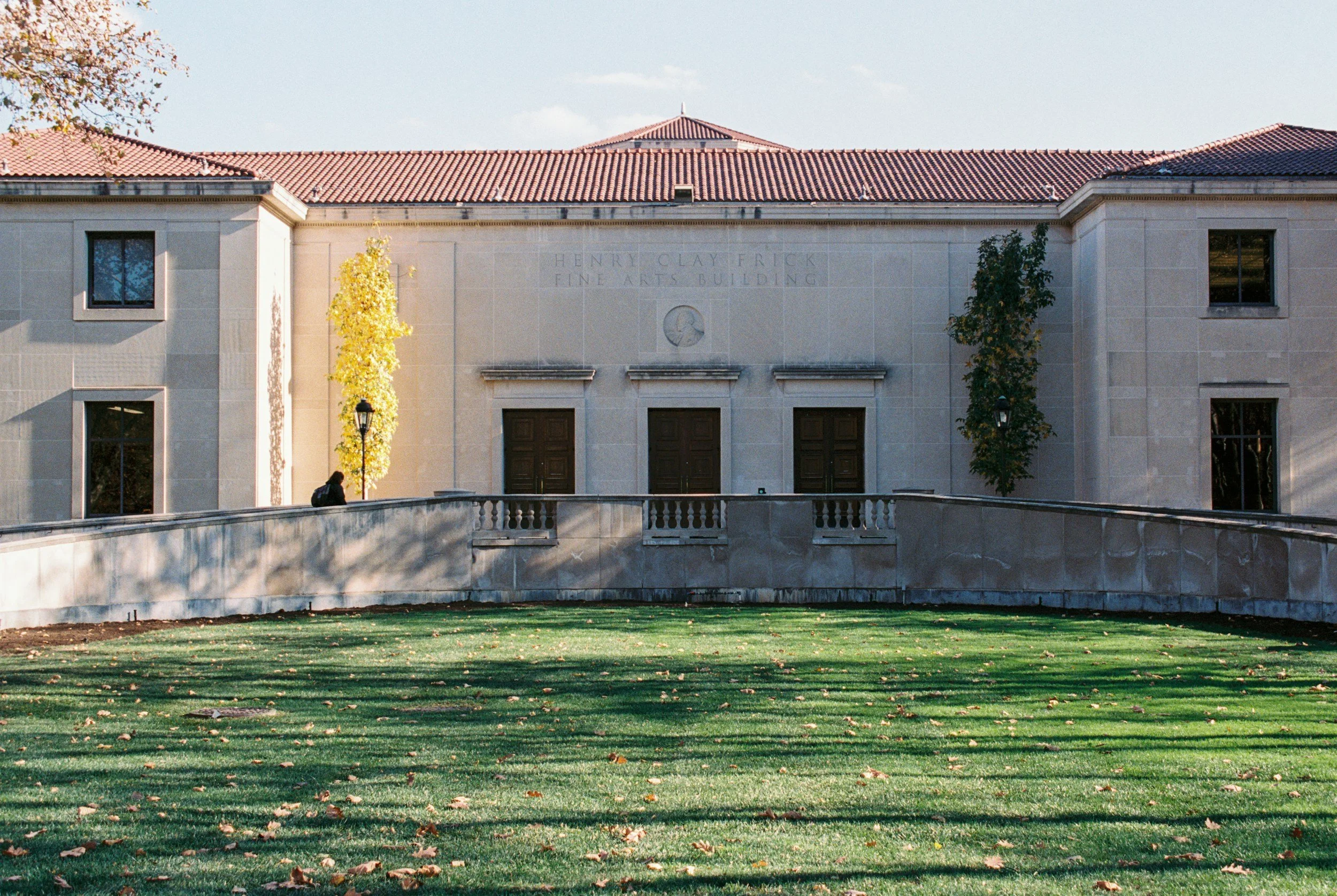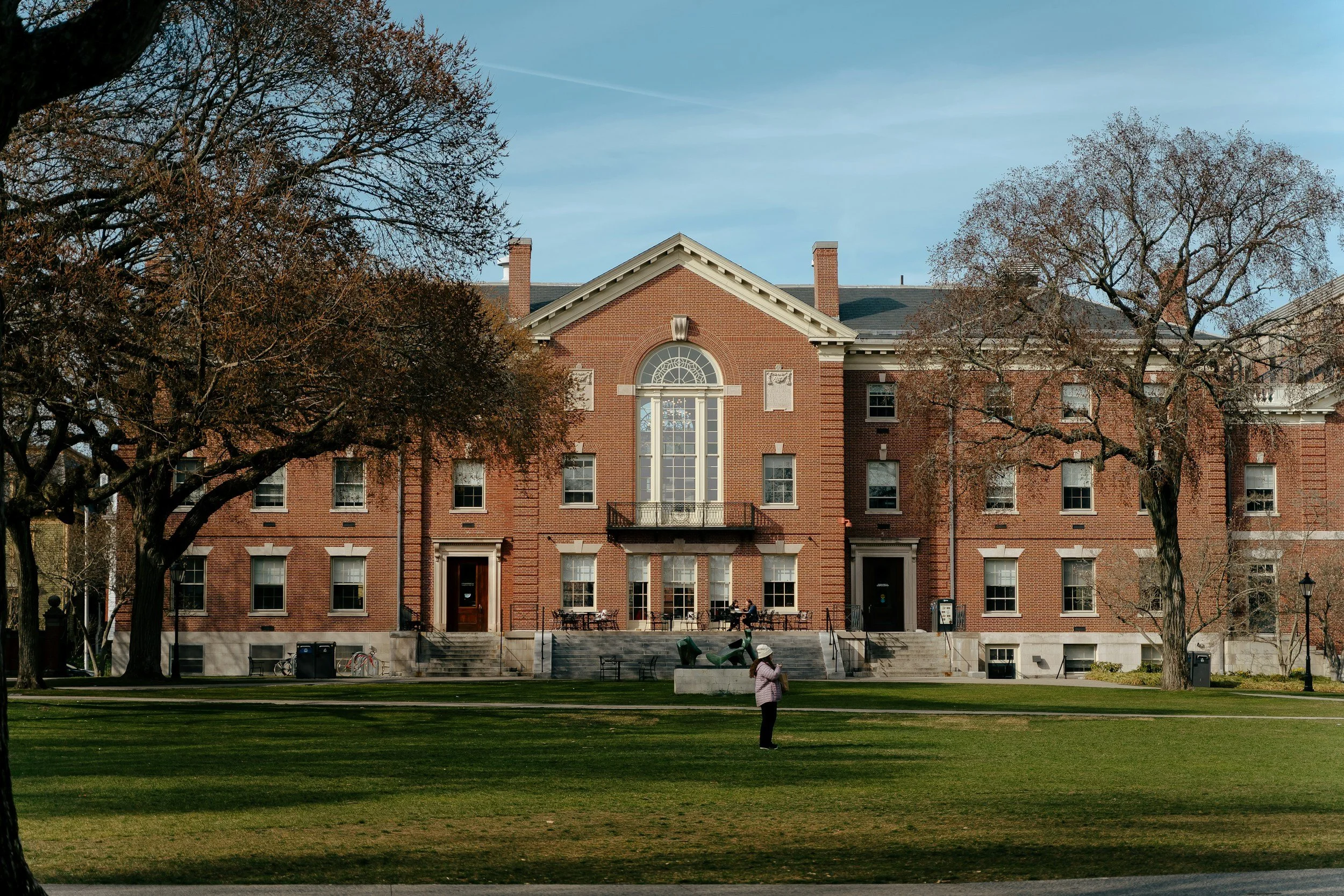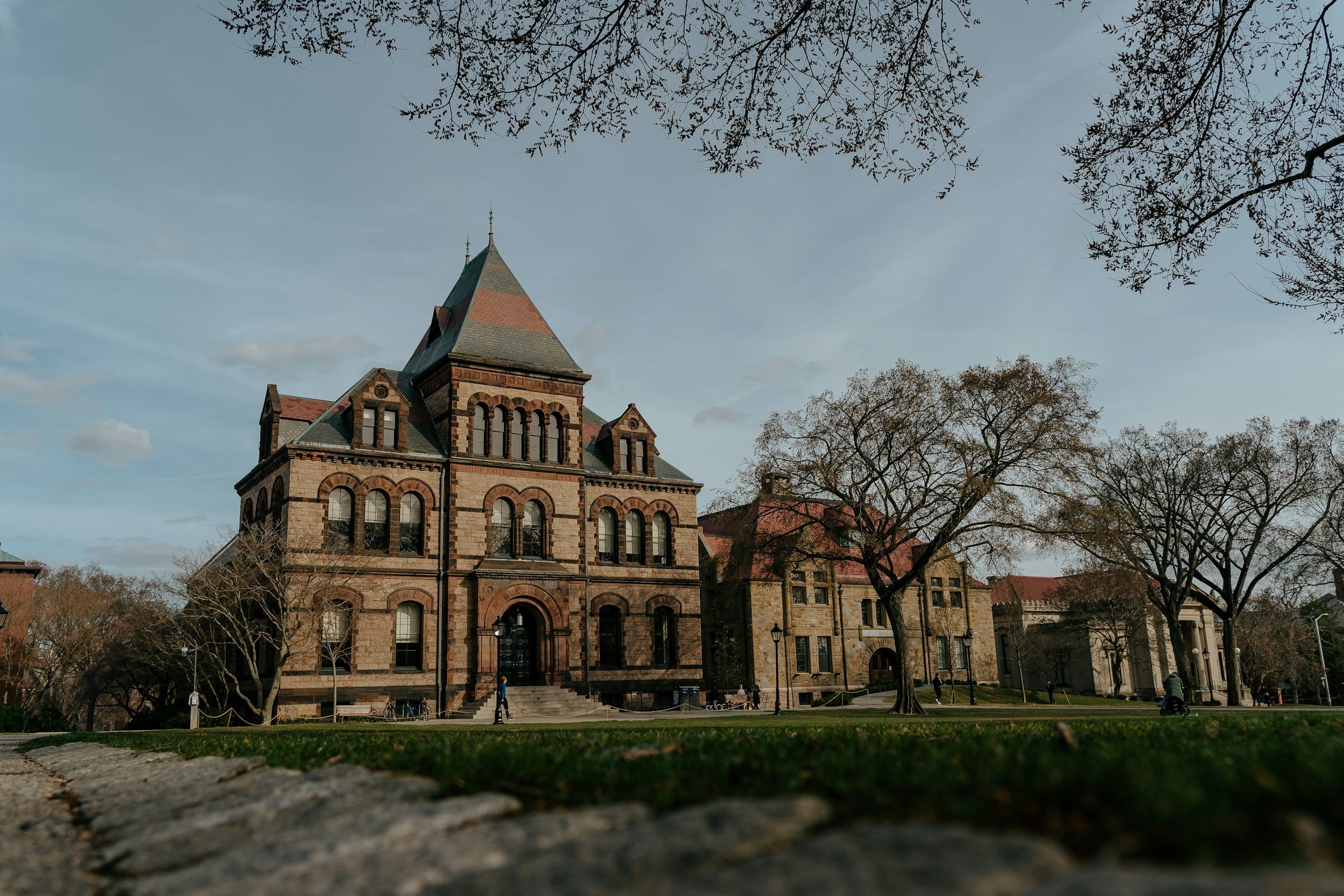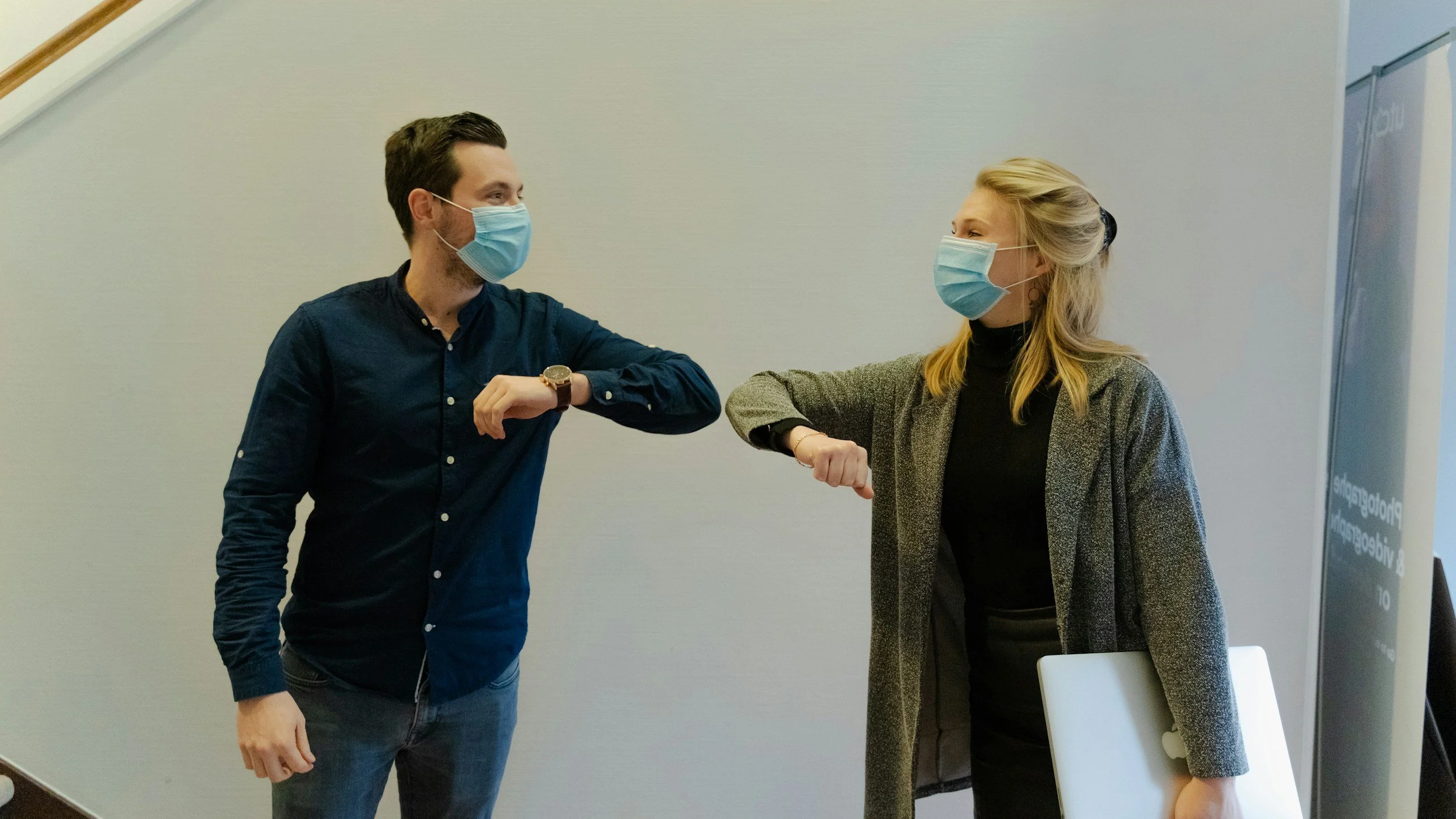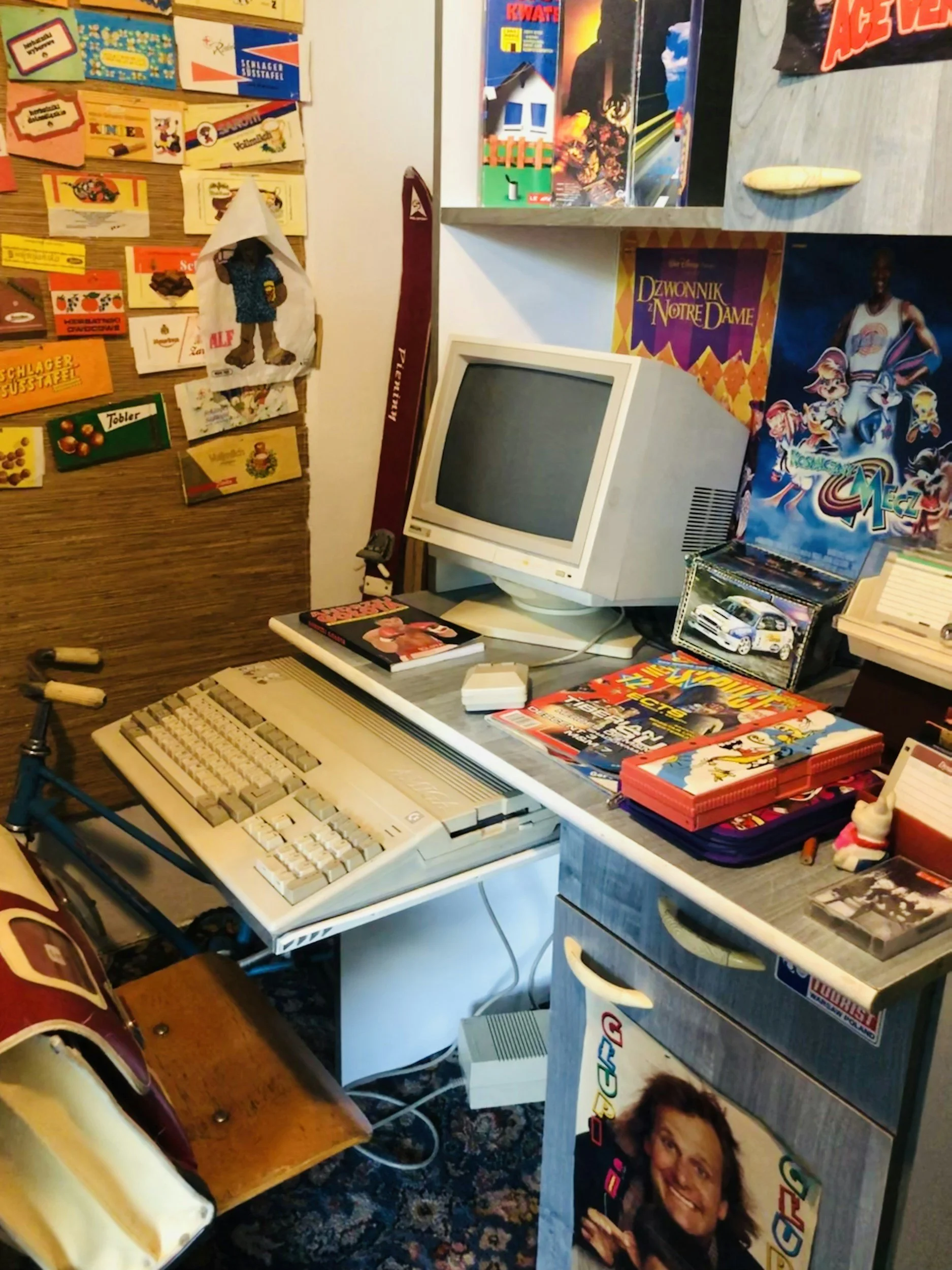MIT Essays 2025-2026
If you are applying to MIT for regular decision, you are in the right place. In this article, we will cut through the ambiguity and noise surrounding how to approach MIT’s 2025-2026 supplemental essays, enabling you to show the university how you will both benefit from its extensive offerings and enrich the academic and social experience of your peers, two of the main factors MIT and other elite colleges consider when evaluating applicants.
1. What field of study appeals to you the most right now? (Note: Applicants select from a drop-down list.) Tell us more about why this field of study at MIT appeals to you. (100 words)
You only have 100 words to explain why you want to major in your chosen field and why you want to pursue it at MIT. Brutal. Every word must count. You need to get straight to the point, using language that comes from the heart. Sincerity is essential. With that in mind, there are two effective approaches.
The first is to begin by describing what you love about your intended field, then briefly recount a vivid experience engaging in that field, one that shows you were in your element, and finally explain how specific opportunities at MIT (name professors, labs, and institutes) and MIT’s hands-on culture will help you achieve a concrete goal.
The second approach is to write as if you’re describing a hypothetical day at MIT focused entirely on academics. As you mention the classes you’ll take, the professors you’ll research with, the labs you’ll join, and the campus-based events you’ll participate in, connect each one to a small personal reason rooted in your lived experience that explains why that opportunity matters to you.
2. We know you lead a busy life, full of activities, many of which are required of you. Tell us about something you do simply for the pleasure of it. (150 words)
The strongest responses to this essay are written in the first person, giving the reader a front-row seat into your mind and allowing them to see the world through your eyes as you engage in the activity. Don’t be misled into thinking you shouldn’t mention your main academic interest here, you absolutely should. MIT wants students who are so committed to their intellectual passions that those interests naturally blend into their daily life, decision-making, and recreational activities. For example, if you’re strong in math and enjoy card games like Yu-Gi-Oh! or Magic, you might describe how you use probability to construct optimal decks.
3. While some reach their goals following well-trodden paths, others blaze their own trails achieving the unexpected. In what ways have you done something different than what was expected in your educational journey? (225 words)
For this essay, demonstrating agency is key. You want to show that you are not afraid to take on new challenges or to step into the unknown. It’s essential that you vividly describe the challenges you faced as you engaged in this new activity and how you overcame them.
For example, if you were primarily a pen-and-paper math student who suddenly found yourself doing something hands-on, you could describe what it felt like to initially struggle with something you could easily model mathematically but that felt physically unfamiliar. If you are a STEM-heavy student who pursued a humanities or arts-related extracurricular, that could also serve as an excellent topic.
You should also highlight any risks you took, such as how the activity required time and focus away from your main academic interest. Conclude the essay by explaining how, despite diverting time from your primary passion, this experience broadened your horizons and enabled you to think differently about your main interest in a way that inspires you to pursue it even more creatively and enthusiastically.
4. MIT brings people with diverse backgrounds together to collaborate, from tackling the world’s biggest challenges to lending a helping hand. Describe one way you have collaborated with others to learn from them, with them, or contribute to your community together. (225 words)
For this essay, you want to give the reader a vivid picture of yourself in a community that, based on your abilities and experiences, resembles as closely as possible the types of peer groups you will encounter on MIT’s campus. Ideally, you’ll write about how being part of this community helped you learn something essential related to the field of study you discussed in the first MIT essay. You want MIT to see that you will thrive when surrounded by fellow MIT students.
If you choose to focus on contribution, be sure to give the reader a clear before-and-after picture. They should be able to visualize the specific impact you had on your community. Vividness is key for this essay. The reader should be able to picture you in the community you describe, as well as clearly imagine your social interactions within it.
5. How did you manage a situation or challenge that you didn’t expect? What did you learn from it? (225 words)
For this question, you should not talk about challenging classes that many other MIT applicants will have taken, and could have aced while half asleep. Your answer should revolve around something that doesn’t suggest you might struggle to keep up with your peers at MIT.
Instead, aim for something like this: let’s say you were doing research, and something in the papers you were reading didn’t make sense. After looking into it more deeply, you discovered an error in those papers, perhaps a misprinted equation.
Alternatively, you could talk about having disagreements with peers and how you resolved them. Another strong topic is writing a persuasive essay on a position you hold dear, only to find, as you researched counterarguments, that you began to lose faith in your stance. Describing how you navigated moments like these can make for an excellent essay.
If you can write about doing something hands-on, dealing with tools breaking, parts that were supposed to be compatible not fitting at all, or similar obstacles, that would also work very well.
The key is that the lesson you learned from this challenge should clearly demonstrate how it has better prepared you to tackle your chosen area of study.
6. Open-ended question (300 words)
There is a lot of confusion surrounding this question. Many mistakenly assume it functions like the Additional Information section of the Common App, something you should leave blank unless you have an extraordinary circumstance, such as publishing a paper in Nature or battling cancer in high school and explaining how it affected your academic performance. That is not the case here. Unlike the Common App’s Additional Information section, MIT expects most students to write a response to this open-ended prompt. They genuinely want to learn more about you and don’t want the rigidity of a narrowly defined question to limit what you can share.
For this open-ended essay, you can trim your Common App personal statement to 300 words and use that, assuming you haven’t recycled any of its content elsewhere in the MIT supplements. Alternatively, take time to reflect on what MIT actually values. They value intellectual curiosity. They value team players. They value applicants who elevate the social and academic experience of their peers. They value students who hold well-thought-out, compelling perspectives that enrich classroom discussions. And they care deeply about your character, social skills, and willingness to learn by doing. MIT favors people who like to get their hands dirty, literally, when creating, building, or understanding something.
Once you identify the moments and experiences in your life that align with one or more of these qualities, choose the trait you haven’t yet highlighted in your other essays. Then write a vivid, first-person narrative that shows how your actions and experiences demonstrate that quality.
If you want your college admissions essays to become the decisive factor that gets you into your dream school, schedule a free consultation with an admissions expert today and get all of your questions answered.





